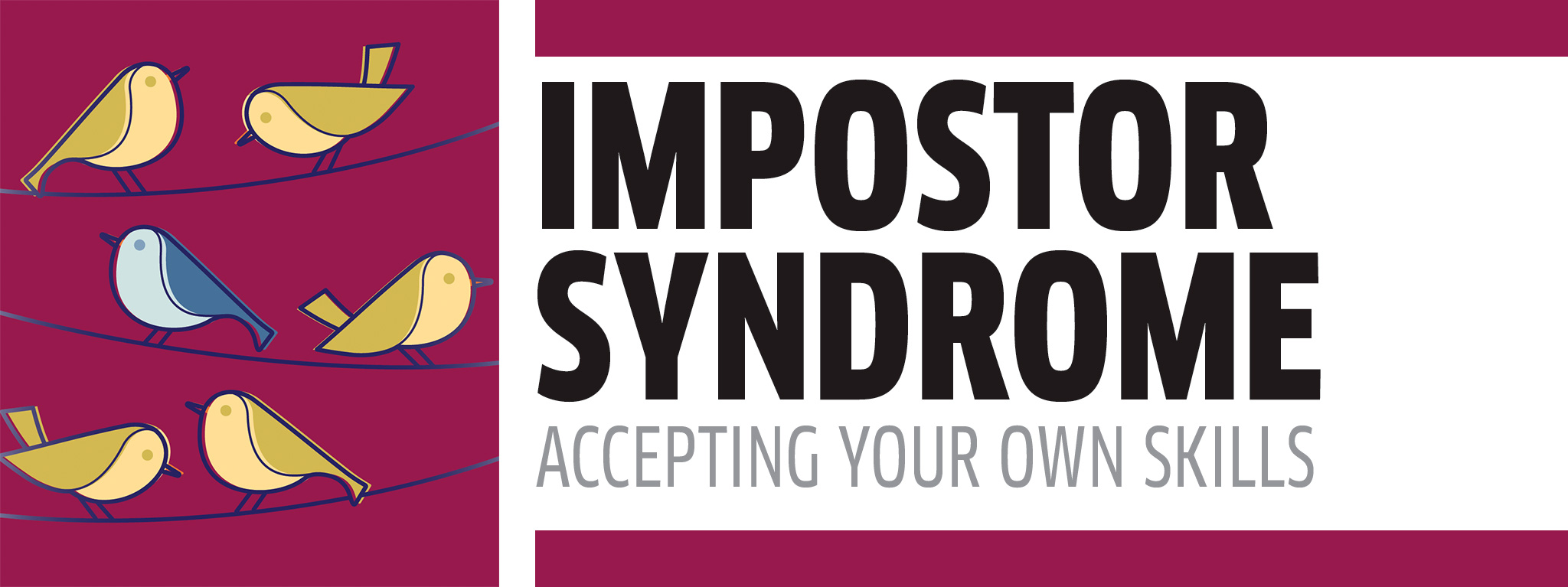
Have you ever sat in a room full of successful people and thought to yourself: “I don’t belong here. They’ll find out soon, and where will I be then?” If so, the truth is you’re far from alone in having those feelings.
Many successful people have high standards, which means we may judge ourselves harshly if we come up short. When our standards are high and our self-esteem is less than solid, we can experience “impostor syndrome,” feeling like our successes must be due to pure chance and that sooner or later, other people—real experts, unlike ourselves—will find us out.
Who suffers?
Ironically, the people most vulnerable to impostor syndrome tend to be qualified, skilled, and at least reasonably successful. Logically, we have to reach a certain level before we start to worry we’ve exceeded ourselves, and the higher we climb, the more we may fear the fall.
The experience was first studied as a female phenomenon. The first use of the term was in a paper published by Pauline Clance and Suzanne Imes in 1978 in the journal Psychotherapy: Theory, Research and Practice, entitled “The Impostor Phenomenon in High Achieving Women.” In a culture in which women can sometimes be judged for being too talkative or not compliant enough, it’s not surprising that many women might feel unprepared to assert that, yes, they’re sure they have the skills and talent required for a high-stakes position.
Men, too, are far from immune. Impostor syndrome expert Valerie Young observes that men have attended her workshops in increasing numbers in recent years, and that among graduate students surveyed as to whether they were prone to feelings of impostorism, the male to female ratio stood at 50:50.
For all of us, focusing on the fact that we always have more to learn is essential—in which case, it is only to be expected if someone finds out that we don’t know everything yet. This means that we don’t need to pretend we do know everything, and centers our attention instead on how we can develop and grow.

 do you ever feel like a fraud?
do you ever feel like a fraud?
How much do you agree with the statements listed below? The more you can relate to them, the more likely you are to be susceptible to impostor syndrome. It may be reassuring to reflect that even highly talented and successful people often feel the same way!

 banishing your doubts
banishing your doubts
Don’t compare your insides with other people’s outsides. When we experience impostor syndrome, we are comparing our anxious feelings to other people’s apparently composed facades. In so doing, we overlook the fact that everyone else may feel just as uncomfortable as we do—and that they may even be worrying about measuring up to us just as much as we are about matching up to them.
Remember no one is perfect. The right mentor can help us a great deal, but if we see them as unreachably brilliant, we can end up feeling worse because we think we’ll never meet the same high standard. A study by American sociologists Jessica L. Collett and Jade Avelis found that a significant number of female students felt they could never match up to their female mentors, while economist Kate Bahn observed in The Chronicle of Higher Education that even reading advice from the “hyper-successful” can leave those of us who are “moderately successful” feeling inadequate. Role models can be helpful, but only as long as we see them as people like ourselves.
Mistakes happen. If you haven’t made any mistakes, you might not have been taking risks to try new approaches or do things differently. Stretch yourself and look for ways to do “experiments” that may result in mistakes so that you can learn from them.
